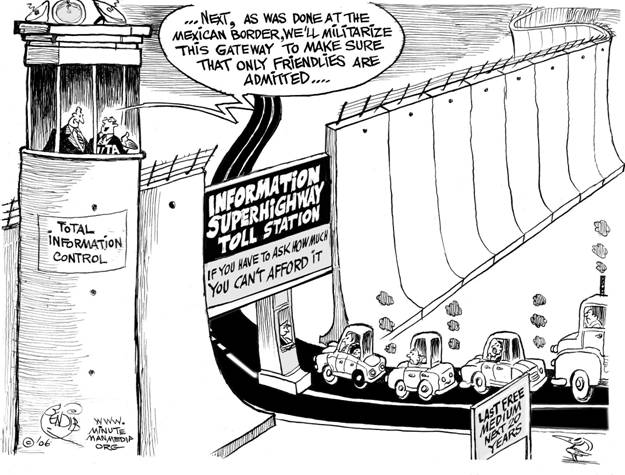The Race to the Bottom (or, Show Me the Money)
 There's a terrific article posted at Wild Chocolate titled "13 Reasons Why Software Isn't Free" - a great read. It summarizes my biggest concern with the Mac App Store - the race for the bottom. I've summarized some of these concerns in the past
With the iOS app store, a large number of apps are free (or, at least offer a "lite" version that has fewer features or truncated game play). Having such a large number of free apps has lowered the cost of the other apps; the average cost of an iOS app is only a couple of bucks (I don't know the exact number). For iPhones and iPod Touches - leisure devices - this is fine. Some of the "HD" apps for the iPad are a bit more expensive, but I only see them ringing in at around 5-7 dollars, usually.
There's a terrific article posted at Wild Chocolate titled "13 Reasons Why Software Isn't Free" - a great read. It summarizes my biggest concern with the Mac App Store - the race for the bottom. I've summarized some of these concerns in the past
With the iOS app store, a large number of apps are free (or, at least offer a "lite" version that has fewer features or truncated game play). Having such a large number of free apps has lowered the cost of the other apps; the average cost of an iOS app is only a couple of bucks (I don't know the exact number). For iPhones and iPod Touches - leisure devices - this is fine. Some of the "HD" apps for the iPad are a bit more expensive, but I only see them ringing in at around 5-7 dollars, usually.
Calling the software you buy on the Mac App Store an "app", however, is a little misleading. An "app" sounds like it is easy to make, and anyone can do it, and should therefore be free. This stuff isn't. Just because it's easy to get and download doesn't mean that it isn't a complex program that required a lot of work and careful execution to create. The creator does deserve to get paid for his creation.
A lot of people have been speculating that the advent of the Mac App Store would result in a race to the bottom. While I'm all for lowering costs for the end user, I have some concerns - the lack of quality software. If the Mac App Store marketplace artificially deflates the price, developers may decide not to submit their programs. I fear that the Mac App Store will be overrun with bloated ad-ware and mindless games.
Consequently, it's having good, paying apps that makes the iOS and Mac App Stores far superior to the Android app store or the Blackberry App Store. You're not getting crappy freeware, but solid, reviewed programs that meet certain minimum functionality criteria in order to make it in. Say what you like about "openness", but I prefer an outstanding App Store.

